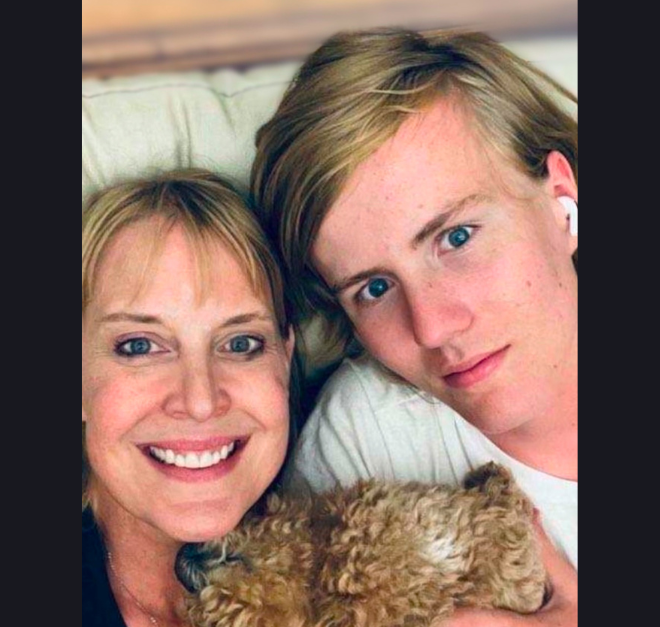Robert Gellatly’s opinion piece in The Seattle Times discusses the Luvera Law Firm’s policy to never agree to confidentiality agreements in settlements, protecting clients’ rights to tell their stories and shed light on safety issues.
Recent headlines show we should never underestimate the dark power of a secret.
In fact, some secrets become so systemic they are written into legal documents, preventing those who settle cases with wrongdoers from ever sharing information that might warn and protect others from the same harm. In the legal world, protecting these types of secrets goes by more covert names: confidentiality agreements or nondisclosure agreements.

Last month, the world discovered that for Neil Armstrong’s family, a confidentiality agreement kept fatal medical errors in the shadows for years. Files that were shared anonymously with The New York Times revealed a dramatic story of a medical malpractice settlement that prevented the family from holding Cincinnati’s Mercy Health hospital system accountable. As this issue and others come to light, we’ve seen increasing recognition of the role that confidentiality agreements can play in shielding those responsible for alleged safety issues.
In the world of personal injury and medical malpractice law, manufacturers, insurance companies, pharmaceutical makers, hospitals and others wield confidentiality agreements as a tool of their trade when settling cases with individuals who allege they were harmed by the organization’s products or procedures, or a provider’s medical error.
Confidentiality agreements embolden wrongdoers to continue operating without acknowledging and fixing the issue that caused harm in the first place. These agreements clear a path for repeat offenses, removing incentives to improve safety and blocking other consumers, employees or patients from knowing full risks.
Fortunately, there’s something more powerful than a secret: the truth.
Read the rest of the article on The Seattle Times website.






